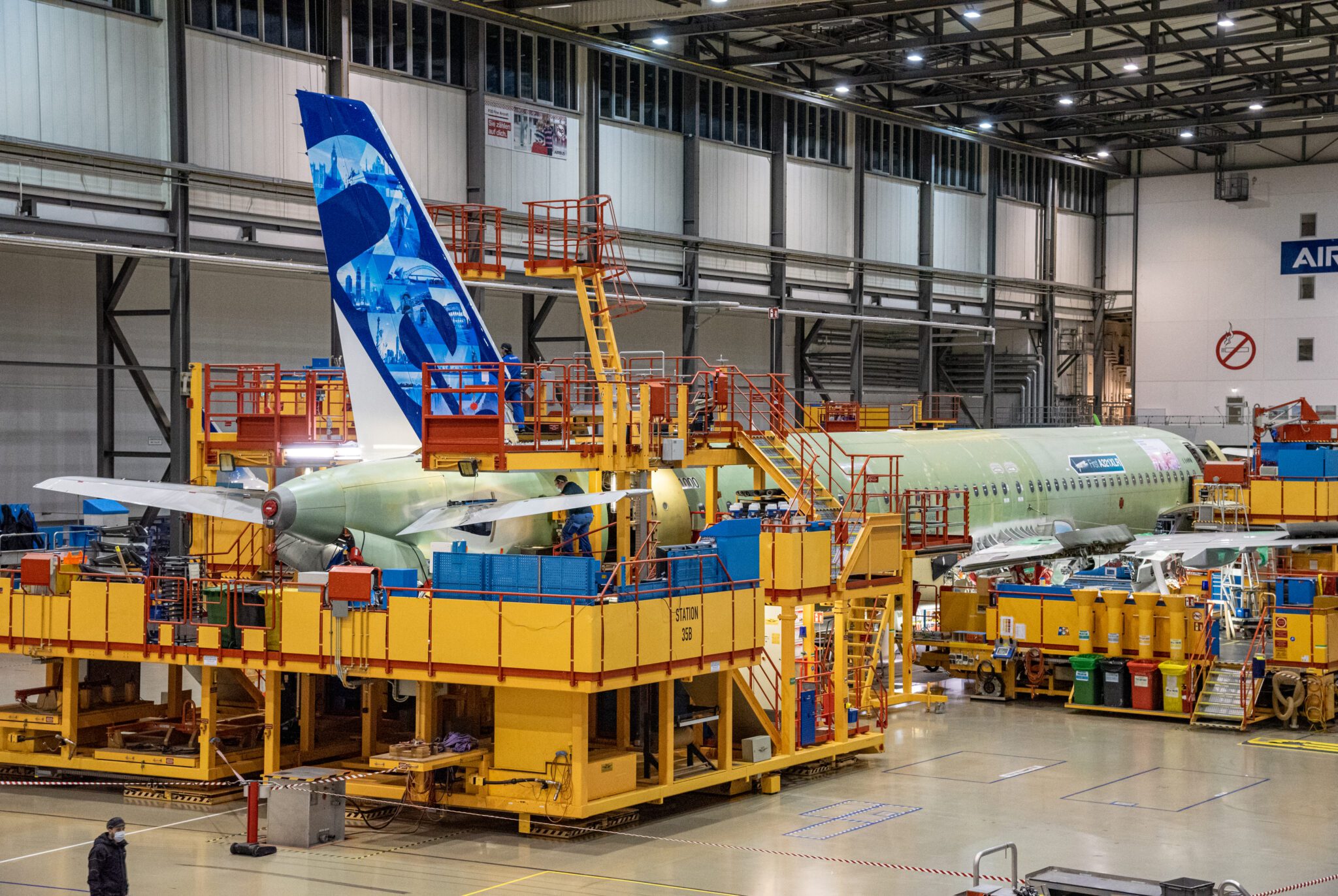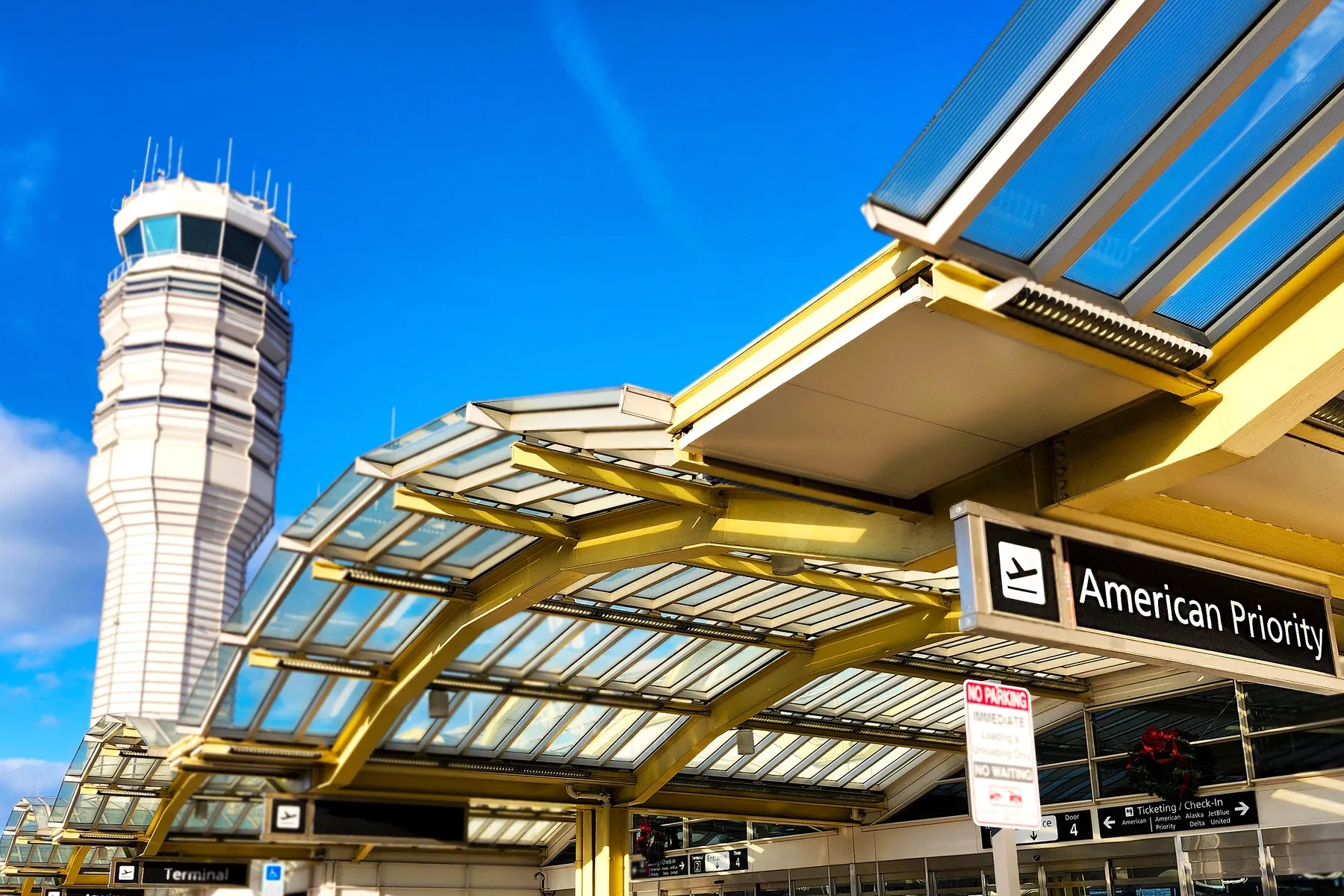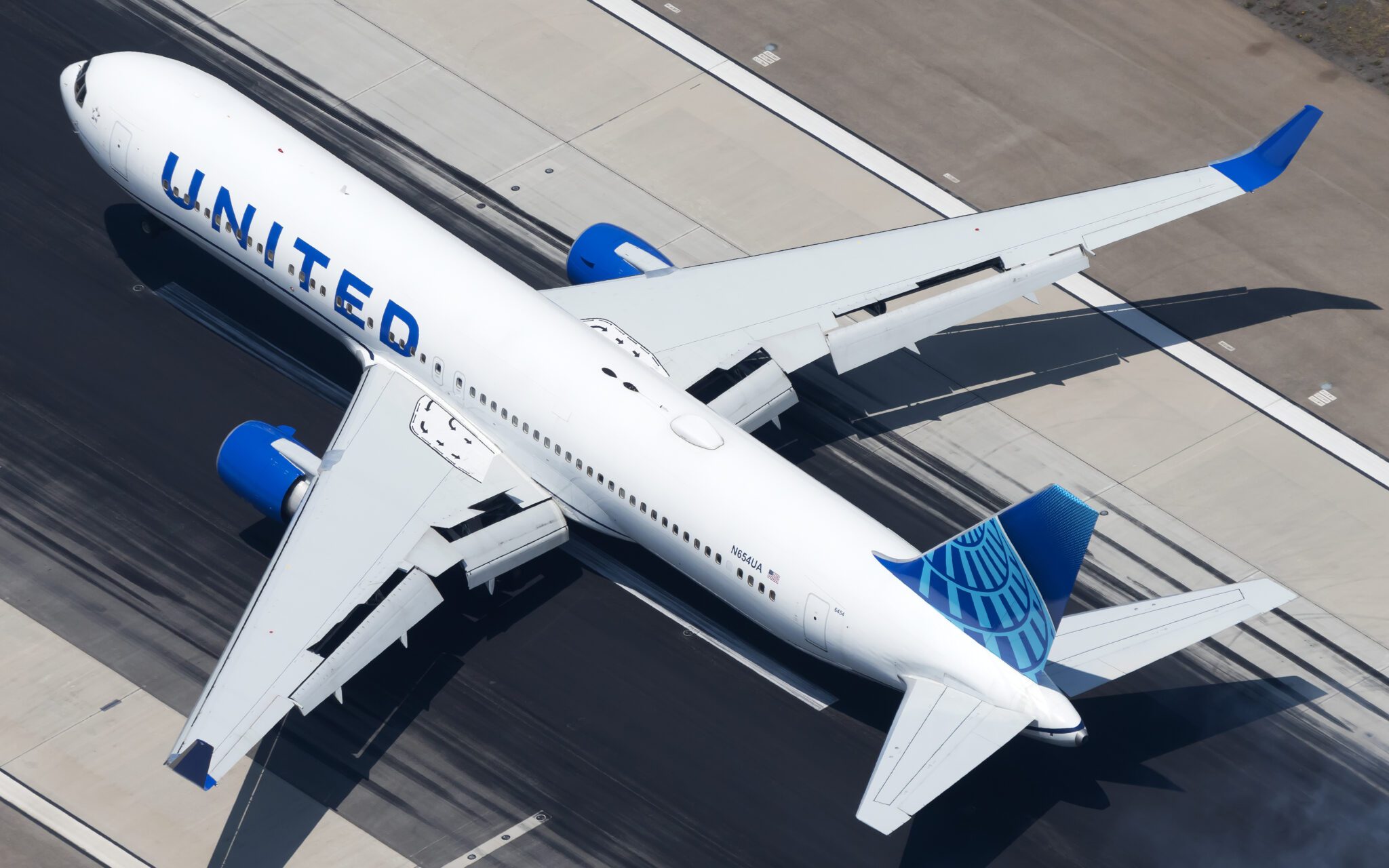Airbus Will Deliver Fewer New Planes This Year: Should Airlines be Worried?

Skift Take
Production problems at Boeing have grabbed most of the headlines this year, but its European rival isn’t immune to wider industry challenges.
Evidence, if it was needed, was contained in a market filing on Monday. Airbus started the week on a rather somber note, announcing that it wouldn’t meet its annual financial targets for the year.
Some of this was down to costs incurred within its space technology business, but there is moderate turbulence in the commercial airline division too.
The plane maker said it expects to deliver around 770 planes before the end of 2024. This is down from the 800 figure shared in an earlier outlook. It would however, still be higher than the 735 it delivered in 2023.
More Airlines are Exposed
With Boeing still on the back-foot, Airbus’ operational performance matters more than ever.
Well-documented problems with the 737 Max, but also its 787 Dreamliner and upcoming 777X programs have spooked many regular customers. In recent years, multiple long-time Boeing devotees have switched to its European rival for some or all of their future aircraft orders.
Across all of its plane programs, Airbus chalked up 237 net orders as of the end of May, compared to 130 at Boeing. With more airlines relying on Airbus aircraft, slower deliveries can have a bigger global impact.
The Airbus A320 Factor
Within its latest market update, Airbus revealed it will need longer to ramp-up deliveries of the popular A320 program. A target of 75 new A320s each month is now due to be met in 2027 - a year later than previously planned. The company cited “persistent specific supply chain issues” for the delay, with engines and cabin equipment among the particular pinch points.
Airbus’ best-selling A320 Family is the backbone of short-haul fleets at carriers around the world from JetBlue and easyJet to Air New Zealand and AirAsia.
Fewer deliveries of new planes often mean older aircraft are kept flying for longer. While this is standard industry practice, it does have some drawbacks.
The previous generation technology on older jets means the planes are typically less fuel efficient. This is bad news for sustainability goals and the bottom line, with higher costs per mile flown. Older planes also need longer and more expensive maintenance periods than their newer counterparts, which also has an operational and financial cost.
Growth-Hungry Airlines Hardest Hit
While this workaround is possible for more mature carriers, it isn’t suitable for rapidly growing companies such as IndiGo. The Indian operator is heavily dependent upon new planes to fuel the net growth of its fleet.
Delivery bottlenecks at Airbus and elsewhere also have a further impact. Fewer new planes means less capacity entering the market. Airline supply and demand economics suggest the current period of relatively high airfares may continue for longer as supply chain problems persist.
More detail on the current state of Airbus' financial and operational health will be shared in its first-half results, which are due to be released on July 30.
Airlines Sector Stock Index Performance Year-to-Date
What am I looking at? The performance of airline sector stocks within the ST200. The index includes companies publicly traded across global markets including network carriers, low-cost carriers, and other related companies.
The Skift Travel 200 (ST200) combines the financial performance of nearly 200 travel companies worth more than a trillion dollars into a single number. See more airlines sector financial performance.





